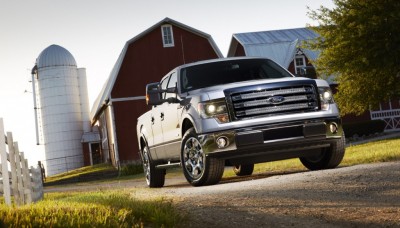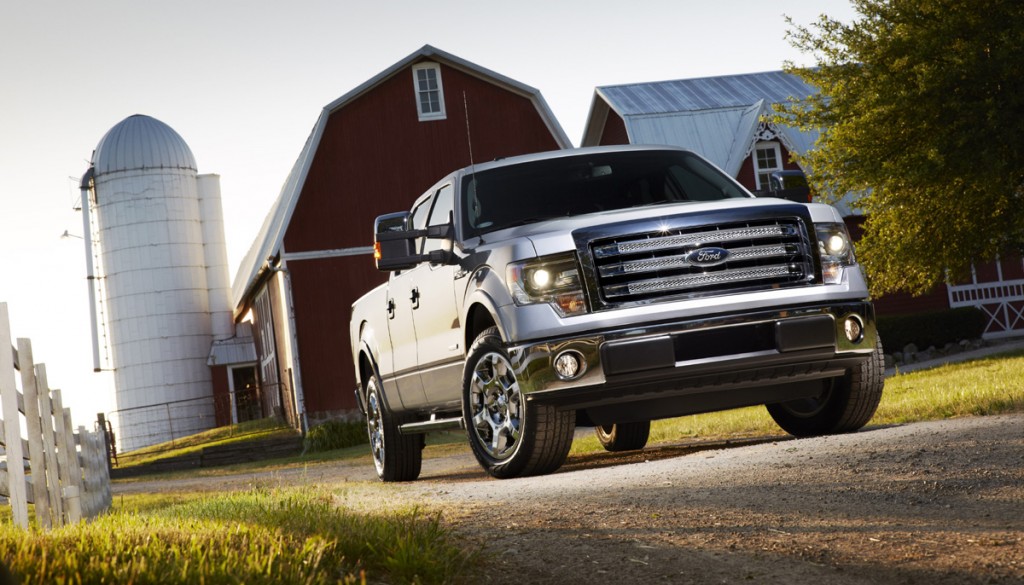 Yesterday, Auto News published an article about the increasing visibility of lesbians and gay men in auto ads. (Transfolk? Not so much, though you can glimpse them here and there.)
Yesterday, Auto News published an article about the increasing visibility of lesbians and gay men in auto ads. (Transfolk? Not so much, though you can glimpse them here and there.)
The gist of the article is that automakers are warming to the idea of marketing to our community because (a) we have the cash to buy cars (though not as much as our straight peers), and (b) LGBT-inclusive marketing is increasingly acceptable to mainstream consumers. To prove that last point, Auto News cites a study that showed public opinion of Chevrolet growing more positive after the brand aired two LGBT-inclusive ads during the Sochi Winter Olympics.
While that may be surprising to automakers, to many of us, it’s old news. Whether you live in a red state, a blue state, or one that’s a lovely shade of purple, chances are, you’ve seen dramatic changes in the way that heterosexuals think about, talk about, and act toward their LGBT neighbors. Granted, it’s far from perfect — in fact, as we gain legal protections in the coming years, the situation may get more tense, as it did for African Americans fighting for civil rights during the 1950s and 1960s — but there’s no going back. So whether you’re part of an automotive think tank like Auto Genius – Automotive Marketing Community or are in the marketing department of a big car brand: be inclusive in your marketing, the numbers will surely follow.
What really interests us in the Auto News piece was data from IHS Automotive, showing which makes and models are most popular with LGBT consumers.
The data was collected in 2013 from over three million American consumers who identified as lesbian, gay, bisexual, or transgender. Their favorite auto brands were, by and large, a recap of the most LGBT-friendly car companies, according to HRC’s Corporate Equality Index:
1. Ford
2. Toyota
3. Chevrolet
4. Honda
5. Nissan
With the exception of Honda, each of those companies scored a perfect 100 on last year’s Corporate Equality Index — and in fact, Honda might’ve too, except it’s not a Fortune 1000 company based in the U.S. and thus not actively solicited for the survey. (Any company with 500 or more U.S. employees can request to be included in the survey, however, which Toyota and Nissan clearly did. Perhaps Honda should, too.) Despite its absence from the HRC study, though, Honda has been on our list of LGBT-friendly automakers for years.
When it came to specific models, pickups made a strong showing, though they were outnumbered by sensible sedans. LGBT consumers’ top five makes and models last year were:
1. Ford F-Series
2. Honda Accord
3. Chevrolet Silverado
4. Toyota Camry
5. Honda Civic
Does that list look familiar to you? It should. It is, with one exception, a list of the five best-selling vehicles in America. (Among all consumers, the Ram 1500 pickup slipped in at #5, just above the Honda Civic.)
All of which goes to show that LGBT auto shoppers aren’t noticeably different than their straight peers. We want to spend our hard-earned dough on vehicles that are well-built, reliable, and good-looking.
We want to believe that LGBT-friendliness played a role in LGBT consumers’ selections, but the fact is, just three automakers — Hyundai, Kia, and Porsche — remain on our LGBT-unfriendly list. Now that almost every respectable automaker in the country treats its LGBT employees fairly, it’s hard to correlate LGBT shopping decisions with corporate policies. Put another way, LGBT-equality is so ubiquitous among automakers, it’s no longer the selling point it once was.
Still, it couldn’t hurt for Hyundai, Kia, and Porsche to pay attention.
